Philosophy Society increases intellectual engagement
Members of Wake Forest’s Braswell Philosophy Society tackle difficult topics through conversation
Photo courtesy of Braswell Philosophy Society
Students in the Braswell Philosophy Society gather to discuss important campus issues through a philosophical lens. The society meets once a week.
March 31, 2022
As students walk through the Tribble lobby and climb the stairs to the third floor in the B wing, they can find the Wake Forest Philosophy library, a square room lined with walls of books by philosophers from Plato to Emmanuel Kant.
Windows face two sides of the room, overlooking Z. Smith Reynolds Library and Benson University Center, providing a spacious view of the Tribble courtyard. Every Thursday night at 7:00 P.M., a soft glow fills the room as students gather for the meetings of the Braswell Philosophy Society.
It is here where the spirit of Wake Forest University’s motto, Pro Humanitate, comes alive through philosophical discussions.
Gathering over meals of wings, pizza or May-Way, Braswell collects a diversity of opinions and backgrounds with students ranging from various racial, religious and political backgrounds.
Students gather in a circle to discuss topics not just in the philosophical realm but political and social issues such as capitalism, transgender rights, different religious and moral dilemmas in various areas of life.
Junior Jordan Bramley, Braswell’s President, started coming to Braswell meetings his freshman year.
As president, part of his goal is to ensure that the executive team, a group of elected students who lead discussion and choose the weekly topics, remains on equal footing with the members, encouraging an open spirit of discourse.
Bramley focuses on ensuring Braswell is a space where people can engage with philosophy in an open yet focused manner, making sure that terms and philosophical language is explained and understood in all gatherings.
“We spend most of our time trying to ensure that even if you haven’t ever taken a philosophy course or picked up a single philosophy book, you can at least keep up with what’s going on here,” Bramley said.
Grace Benfield, a freshman and engineering major, says that Braswell encouraged her to think outside her major and grow through the weekly conversations and meetings.
“It’s a chill environment to talk about something I’m completely not used to,” Benfield said.
Part of the beauty and challenge of Braswell comes in the hard discussions within the library walls, especially in a recent conversation regarding Greek Life on campus.
Braswell participants, a large portion of whom are Greek-affiliated, debated class, racial and gender discrimination in Greek Life.
“It was a pretty fruitful conversation. I thought it was an opportunity for us to look at issues of complacency on campus,” Bramley said. “About 50% of the members of Braswell are at least somewhat Greek affiliated. And even with that being the case, almost everyone in there agreed that it [Greek Life] was not a good thing for the students on our campus in the way that it’s being carried out right now.”
Bramley continued: “There were obviously varying degrees of agreements but most people agreed that Greek Life is pretty bad. I think it was really interesting to look at the fact that we still don’t do anything, or many times when we leave the room and go back to actively supporting it.”
Braswell provides an introductory space and practice for both new and experienced in philosophical discussion-making sure philosophy is not only engaged outside the classroom but applies to students in their everyday lives.
“When we look internationally, and on a global scale, one of the most important parts of academia worldwide — and throughout history — has been philosophy,” Bramley said. “It has been a really grounding concept in both the direction of where the rest of our fields go and in the rewiring of a lot of our fields.”
Bramley continued: “I think that a lot of the basic aspects of philosophy are also really beneficial in learning to live… Especially in a place like Wake Forest, where everybody is very focused on how their life is going to turn out economically, it’s really important to remember to focus on living well,” Bramley said.
Seth Reid, a sophomore and frequent Braswell attendee, finds meaning in Braswell’s safe and open discussion space.
“Braswell is meaningful to me because it provides a space for people to share ideas and talk about them,” Reid said. “And they can do this without getting mad at one another when disagreeing. It also provides a space for people to learn viewpoints other than their own, which is something drastically needed in today’s world.”
Braswell is a space for those both new and experienced in philosophy. In Braswell meetings, executive and experienced philosophy students help lead the discussion groups — aiming to challenge and question any ideas or topics that come up.
“Not everybody in the club is fully educated in philosophy, but there are enough people to keep the topics in line and give people references to what they should be looking toward,” Bramley said.
Attendees have the freedom to engage with each other by asking questions regarding philosophical terminology or simply asking for an example regarding a certain ideology of ethics or morality.
“I think in a lot of ways, spreading the awareness of philosophy, within a society, especially a community like ours, is really important in spreading the experience of living well and spreading the experience of compassion,” Bramley said. “Because most people need to examine their life in order to be able to really effectively carry those things.”
Braswell plans on engaging with the wider Wake Forest community by hosting the second annual Moral and Political Philosophy Conference in conjunction with the Wake Forest Philosophy department on April 24.
Students across the campus can submit papers pertaining to philosophy across a variety of disciplines drawing from — but not limited to) — topics regarding social and political, ethics or even metaphysics. Selected papers will be shared at the conference and writers are invited to present their papers in front of attendees.
Each participant selected for the conference will receive a monetary prize and the “Best Paper” Award. The winner will receive a $100 prize.
Submissions will be accepted until April 2 and decisions for the conference selection will be announced on April 12. The point of the conference is to engage student perspectives while encouraging philosophical discourse on campus.
Braswell is a community in which students that may hold different beliefs and hail from very different backgrounds come together to be pushed, challenged and shaped intellectually.
“I think it’s really nice to have a place where you can come and have a discussion about how you feel about things, how you want to participate in the world, what you want to be in the world, while also having the ability to talk about that in an engaged and educated sense,” Bramley said.
Those interested in Braswell Philosophy Society and The Moral and Political Philosophy Conference can email Jordan Bramley at [email protected]
The Braswell Philosophy Society meets at the Third Floor Tribble Philosophy Library on Thursday nights from 7 to 8 p.m.


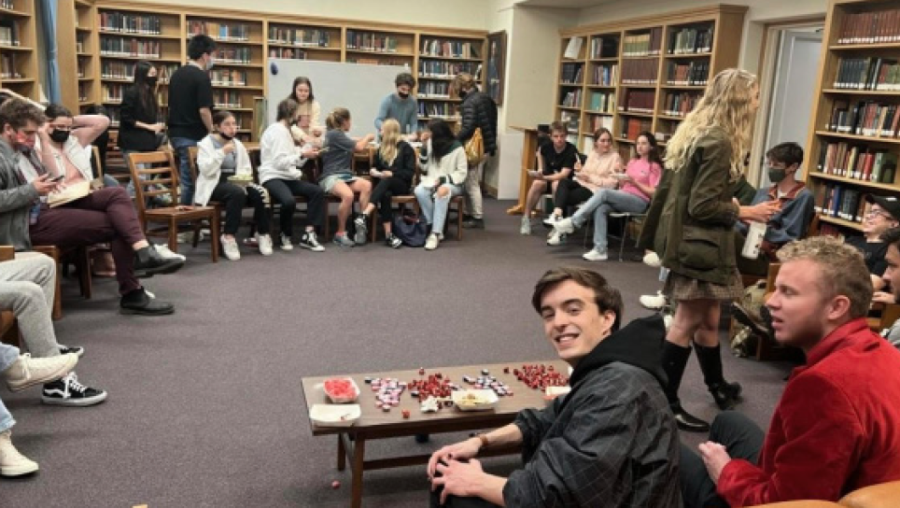
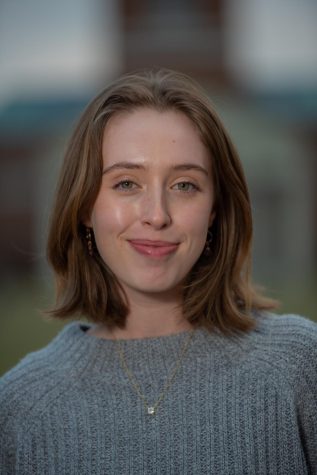










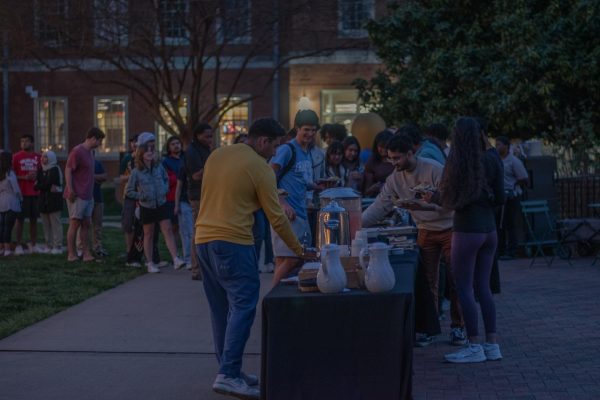

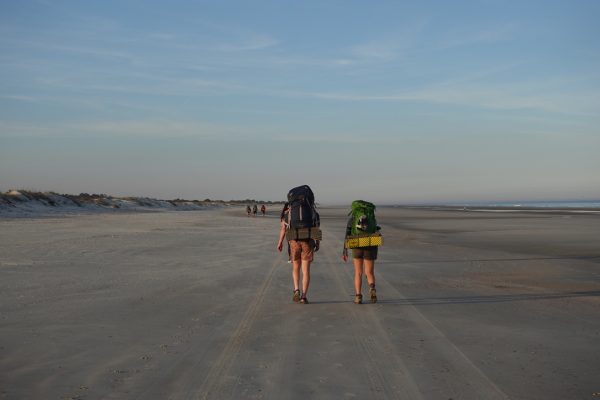
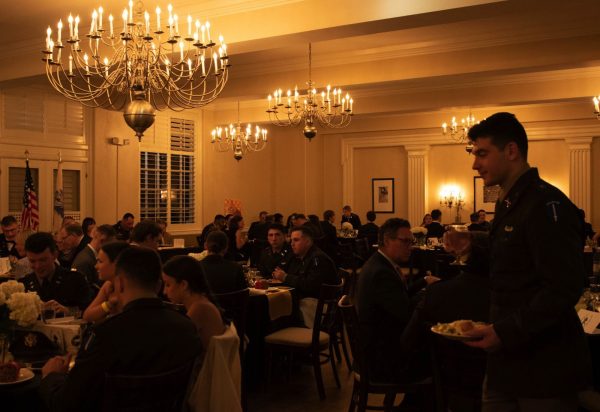
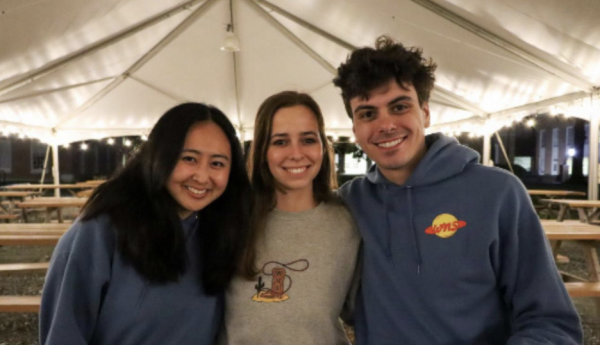
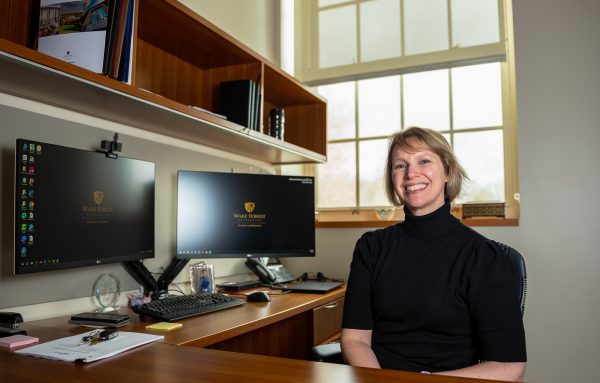


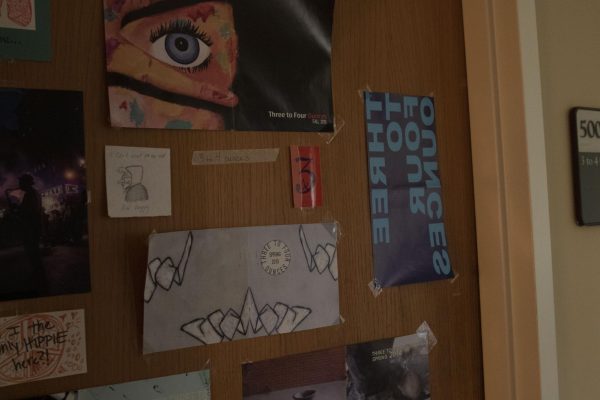
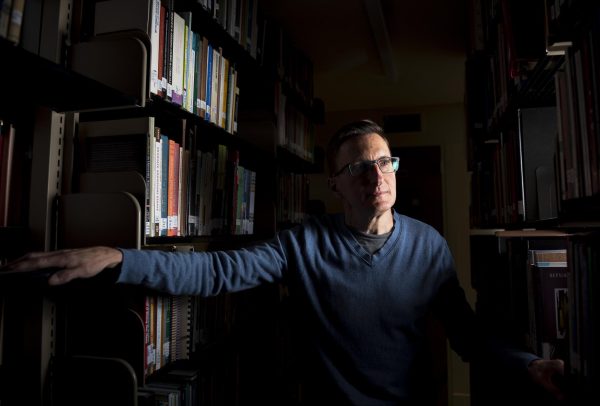
Seth • Apr 21, 2022 at 11:59 pm
❤️ Jordan